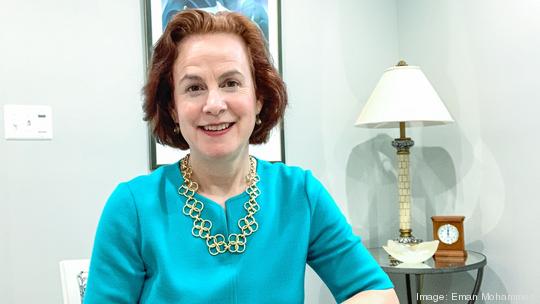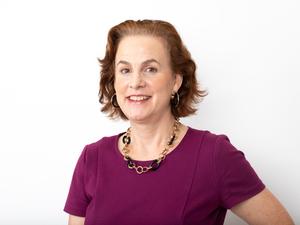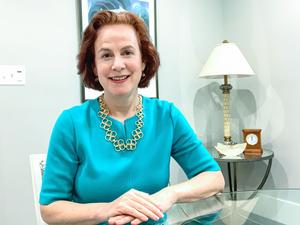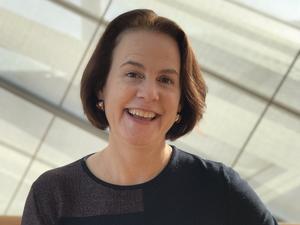
Rockville’s Emmes is sticking to its growth strategy for the past year with its fourth acquisition since a pandemic-era leadership change — and its first so far this year.
The contract research organization, which conducts research and clinical trials for public and private sector customers, said Thursday it has purchased Plymouth, Massachusetts-based Casimir LLC, a fellow CRO focused on rare diseases, for an undisclosed amount.
The 6-year-old Casimir brings to the table 31 U.S. employees and 25 clients, and experience in researching and testing more than 20 rare diseases. It also brings deep expertise in Duchenne muscular dystrophy, which is marked by muscle degeneration and weakness and represents a potential drug market that some analysts have forecasted could top $4 billion globally in the coming years.
Casimir’s proprietary tool that “captures the nuances of rare disease progression and treatment benefit will be very valuable as we continue to expand our rare and orphan disease offering,” Emmes President and CEO Christine Dingivan told the Washington Business Journal. “Casimir will give Emmes clients access to full-service protocol design, strategy and trial execution services for rare diseases and for a variety of myopathies and neurological conditions.”
The buy isn’t the local company’s first in the rare disease arena, though it is its first in the U.S. Emmes scooped up U.K. clinical research firm Orphan Reach last spring, a move that positioned the local company to launch a rare disease center in mid-November to specialize its clinical trial work in that space.
That followed the company’s December 2020 purchase of Prague’s Neox, which expanded its international presence into central and eastern Europe as its first acquisition. And most recently, this past December, Emmes acquired Institut Dr. Schauerte of Munich, Germany, another CRO that further stretched its international reach and adds “new long-term strategic relationships with global biopharma companies,” it said at the time.
And Emmes does not plan to slow down its M&A, Dingivan told us. Rather, the company continues searching for and reviewing acquisition candidates that would help achieve a handful of goals — to broaden its public sector work, diversify “more aggressively” into the biopharmaceutical space, further expand its international presence and clinical trial work, and deepen its expertise in therapeutic areas including rare diseases, cell and gene therapy, immunology, ophthalmology, vaccines and infectious diseases, neuroscience and mental health.
The company has nearly doubled its headcount since fall 2020, from about 650 employees to, now, around 1,200 employees. That’s partly due to acquisitions. But the business is also hiring globally, now actively recruiting for nearly 100 positions, including data managers, statisticians, project managers, software developers and cybersecurity professionals, Dingivan told us. She expects to add about 150 to 160 employees by the end of 2022, she said, “and that excludes employees associated with any potential acquisitions we might make during the year.”
This year, Emmes is aiming for more than 10% in year-over-year revenue growth. It has yet to report 2021 revenue, but took in $155 million in 2020.
Despite its growing global presence, Emmes does not have any business in Russia or Ukraine, Dingivan said. But Emmes does have several employees with family members and friends living in Ukraine, where Russia continues to wage war. “Emmes Europe employees are involved in local support points as the Ukraine borders are flooded with people searching for assistance,” Dingivan said.
Emmes, founded in 1977, kicked off its first-ever buying spree under Dingivan’s leadership. Soon after she assumed the top slot in September 2020, she split the business into two units — Emmes Biopharma and Emmes Public Sector — to better focus on those client groups. Dingivan is one of the Washington Business Journal’s Women Who Mean Business of 2021.
An earlier version of this article misstated the location of the rare disease center. The center is virtual and operates globally.


